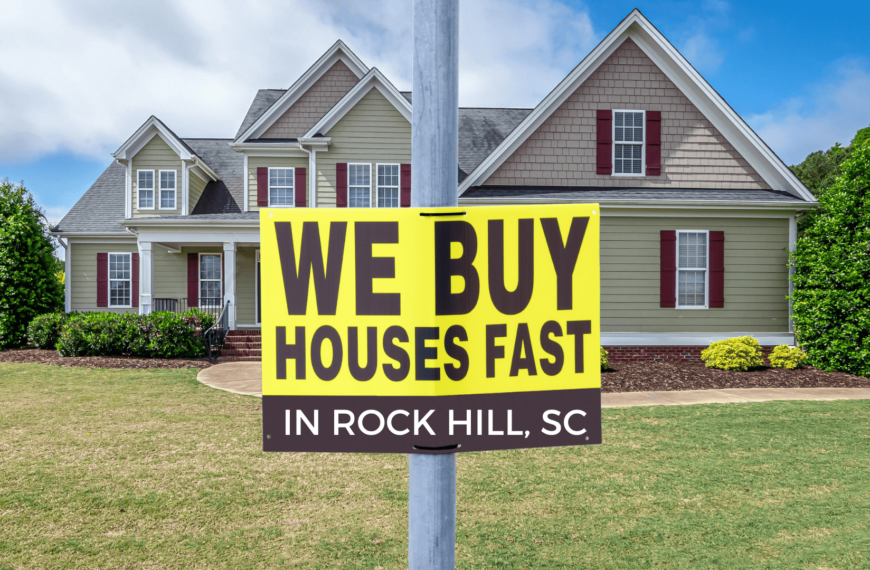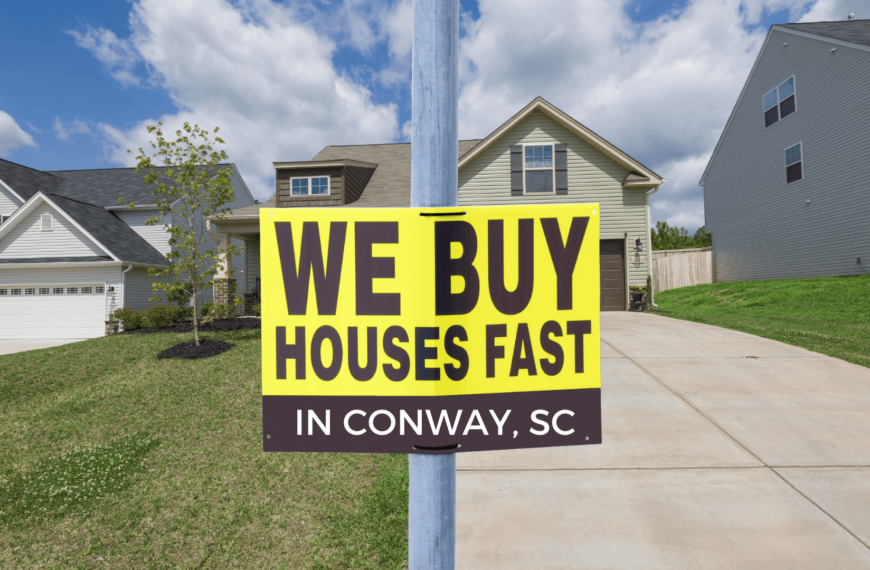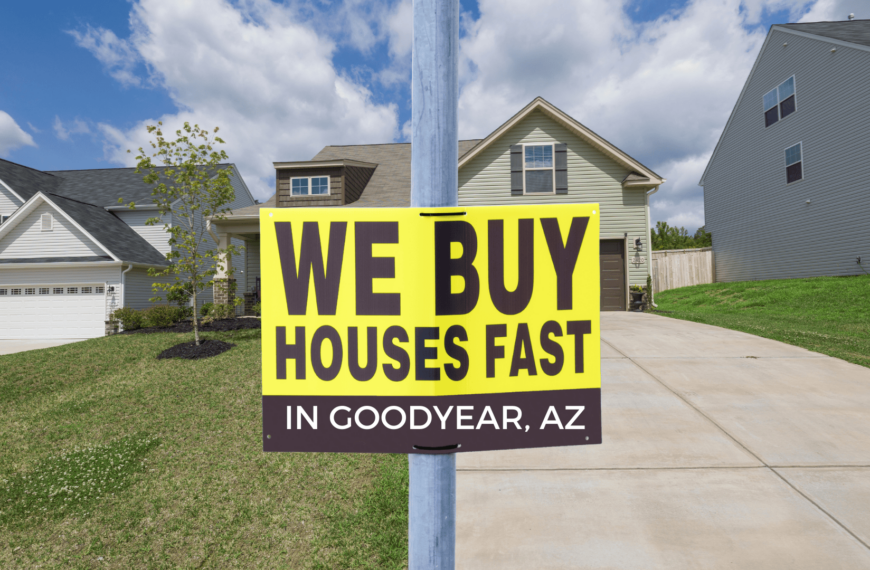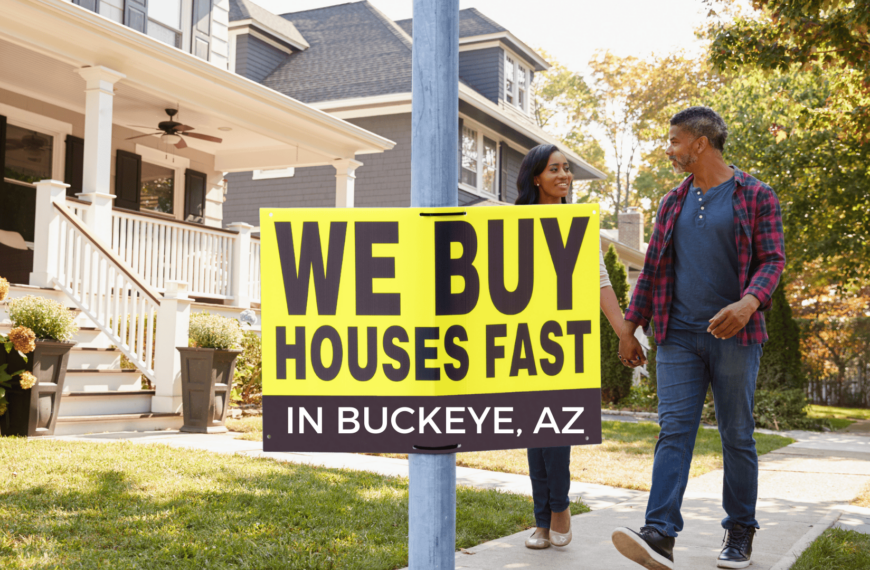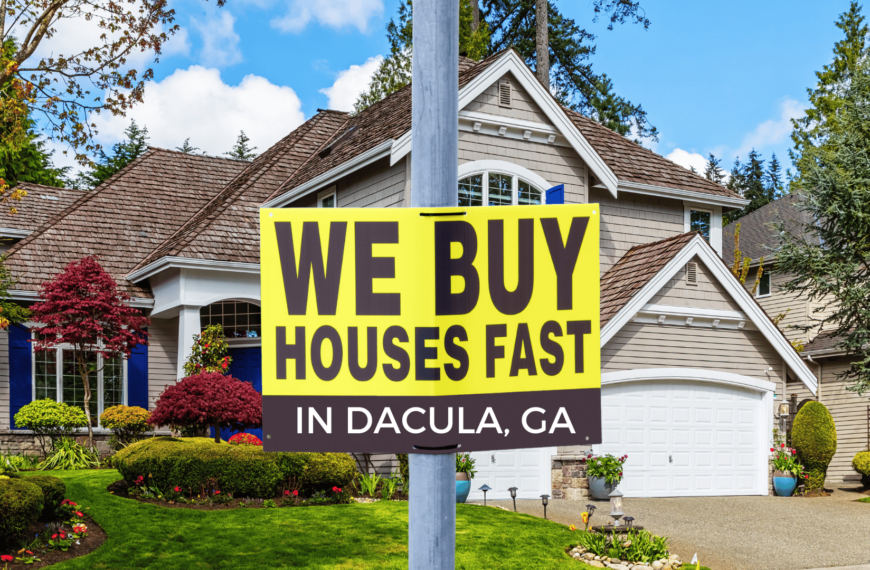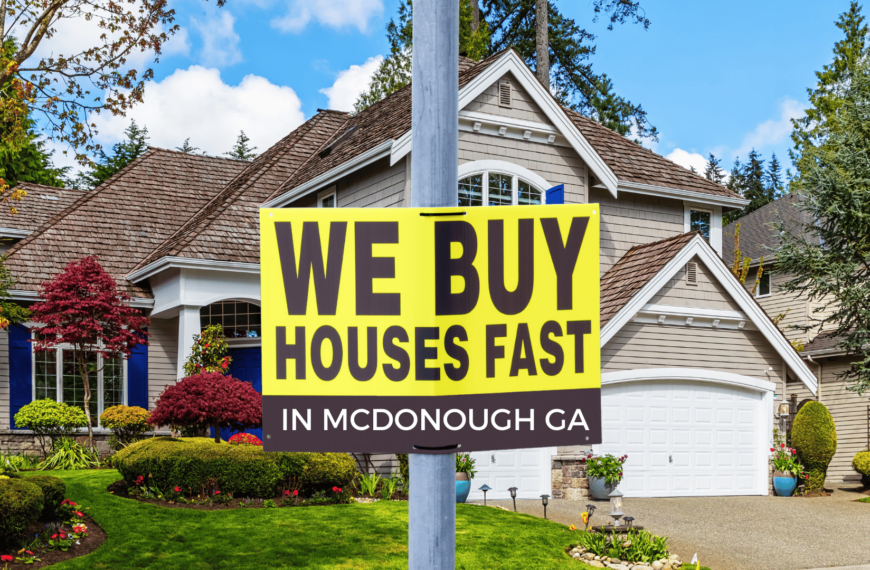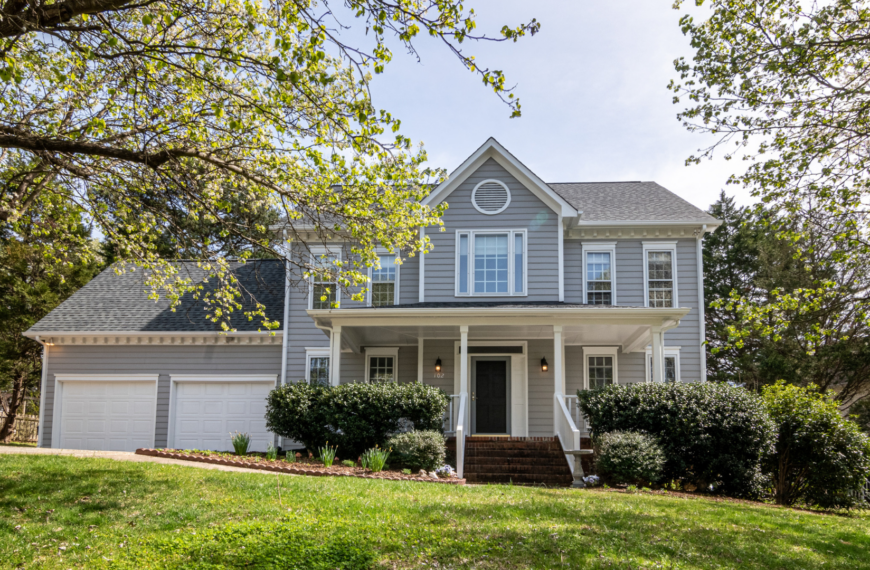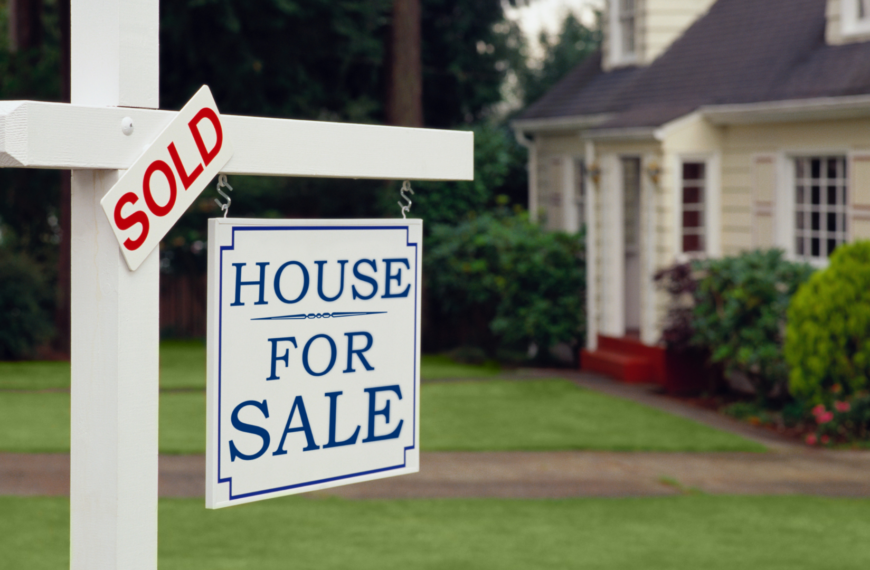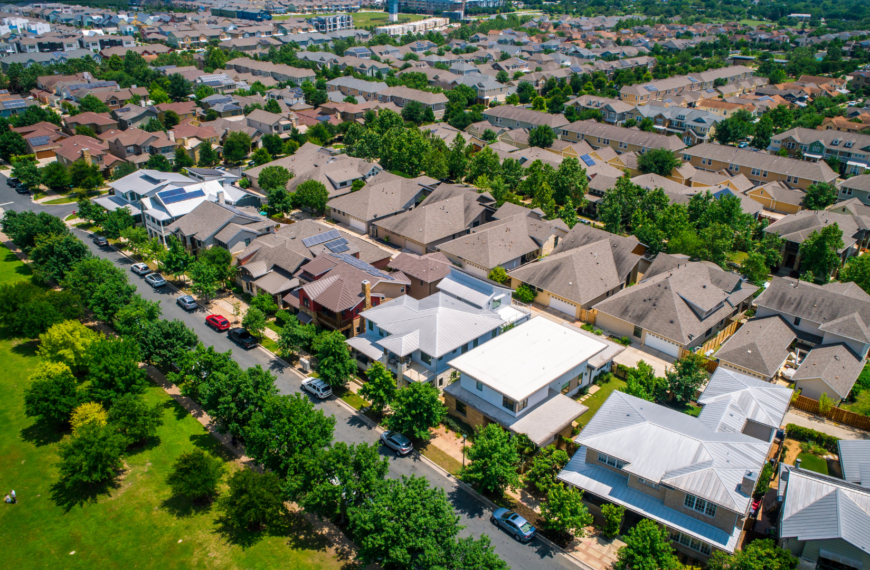There’s a simple rule in real estate: When interest rates go up, borrowing slows down. But what about cash home buyers—the ones who don’t care about mortgage rates because they’re paying upfront? Turns out, interest rates still matter, and they’re shaping the housing market in ways you might not expect. Whether it’s institutional investors, individual buyers, or iBuyers like Opendoor, rising rates are shifting how, when, and why cash transactions happen. Let’s break it down.
Why Interest Rates Matter Even for Cash Buyers
You’d think cash buyers wouldn’t flinch when the Federal Reserve hikes rates. After all, they’re not taking out loans. But that’s where opportunity cost comes in. When interest rates rise, cash buyers start questioning whether tying up their money in real estate makes sense.
Here’s why:
- Higher interest rates mean better returns on savings & bonds. Instead of dumping money into real estate, buyers can park cash in high-yield investments that suddenly look more attractive.
- Leveraged investors feel the squeeze. Big firms don’t always buy properties outright—they borrow, using corporate bonds and private financing. When those rates spike, the cost of acquiring homes rises, and cash purchases slow down.
- Rising mortgage rates shrink the buyer pool. Fewer financed buyers mean fewer overall transactions, which reduces home price growth—making real estate a less compelling cash investment.
Institutional Buyers vs. Individual Cash Buyers
Institutional Investors: The Big Fish Feeling the Heat
Companies like Blackstone, Invitation Homes, and private equity firms have been snapping up single-family homes for years, often outbidding traditional buyers. But these corporations don’t fund everything with pure cash—they raise money through bonds and investor capital, which are tied to interest rates.
When those borrowing costs rise:
- Institutional buyers scale back their acquisitions.
- They focus more on rentals instead of flipping homes.
- Some even offload properties to free up cash and avoid expensive financing.
Bottom line? They slow down, but they don’t disappear. The single-family rental market remains a goldmine, and they’ll keep buying in high-demand areas—just at a more measured pace.
Individual Cash Buyers: More Hesitation, More Strategy
Unlike corporations, individual cash buyers don’t answer to stockholders. But they still face the same dilemma:
- Is buying a home the best use of their money?
- Would they get better returns investing elsewhere?
- Will home values stagnate due to fewer financed buyers?
For wealthy retirees, second-home seekers, and downsizers, higher interest rates don’t necessarily stop them from buying, but they do make them pickier. In competitive markets, they still have an advantage over mortgage-dependent buyers, but they’re not rushing in blindly.
The Impact on Distressed Property Sales
One area where cash buyers thrive is distressed properties—foreclosures, short sales, and fixer-uppers. When interest rates rise:
- Foreclosures increase as homeowners struggle with mortgage payments.
- Investors with cash scoop up properties at a discount.
- Sellers become more willing to negotiate as financing buyers dry up.
In short, higher interest rates create more distressed property opportunities—but only for those with the capital to move quickly.
Regional Hotspots: Where Cash Sales Still Dominate
Not all markets are affected equally. Some cities see consistent cash transactions, regardless of interest rates. Here’s where cash buyers still rule:
- Florida (Miami, Tampa, Orlando): High demand from retirees and international investors keeps the cash market strong.
- Texas (Austin, Dallas, Houston): No state income tax and corporate relocations fuel investment demand.
- Arizona & Nevada (Phoenix, Las Vegas): Snowbird retirees and iBuyers still prefer these fast-growing markets.
- Tennessee & North Carolina (Nashville, Charlotte): Favorable tax laws and economic growth attract both institutional and individual cash buyers.
The Role of iBuyers and Tech-Driven Cash Sales
Companies like Opendoor, Offerpad, and Zillow Offers use algorithms to make instant cash offers on homes. But when interest rates rise, their business models take a hit. Why?
- Higher rates reduce demand from resellers, making iBuyer flips riskier.
- Their financing costs go up, limiting their ability to buy aggressively.
- Home price stagnation forces them to adjust offer strategies.
Expect iBuyers to become more selective, making fewer, lower offers as they hedge against market uncertainty.
The Future of Cash Home Sales in a High-Rate Environment
What happens next? A few key trends will define cash buying in the coming years:
- Interest rate volatility will keep some cash buyers on the sidelines. If the Fed keeps hiking rates, more investors will divert money elsewhere.
- Institutional buyers will shift from aggressive purchases to holding & renting. Owning and renting homes remains lucrative—even if acquisitions slow.
- More distressed sales will emerge, creating new opportunities for cash investors. Rising foreclosures and fewer financed buyers mean more deals for those who can move fast.
- Regional markets will dictate cash buyer behavior. Some cities will remain cash-heavy battlegrounds, while others will see a slowdown.
Colosing Thoughts: Cash is Still King, But the Game is Changing
Even in a high-rate environment, cash buyers hold power. They close faster, negotiate better deals, and avoid lender drama. But interest rates still play a role—whether through opportunity cost, institutional strategies, or distressed property trends.
The bottom line? Smart cash buyers will adapt, not retreat. The real estate market is shifting, and those who understand the new rules of the game will come out on top.
FAQ
1. Do rising interest rates reduce cash home sales?
Yes, but not directly. Higher rates shrink the pool of financed buyers, slowing the market overall, and making alternative investments more attractive to cash buyers.
2. Are institutional investors still buying homes in 2025?
Yes, but at a slower pace. Higher borrowing costs make them more selective, and they’re focusing more on rental strategies instead of flipping.
3. Will home prices drop because of high interest rates?
Not necessarily. Prices may cool off or grow at a slower rate, but widespread declines aren’t guaranteed—especially in high-demand areas.
4. Where are cash buyers still dominating?
Markets like Florida, Texas, Arizona, and North Carolina continue to see high cash transactions due to retiree demand, tax benefits, and strong local economies.
5. How do rising interest rates impact iBuyers?
Higher borrowing costs make it harder for iBuyers to profit, leading them to reduce offers and slow down purchases.
Cash buyers might not need a mortgage, but they still feel the ripple effects of rising rates. The trick is knowing where the opportunities still exist—and making moves before the competition catches on.
References
-
Texas Real Estate Research Center. (2023). Home stretch. Retrieved from https://trerc.tamu.edu/article/home-stretch-2362/
-
Texas Comptroller of Public Accounts. (2023). Impacts of higher interest rates on Texas. Retrieved from https://comptroller.texas.gov/economy/fiscal-notes/archive/2023/oct/inflation.php
-
Consumer Financial Protection Bureau. (2024). Data spotlight: The impact of changing mortgage interest rates. Retrieved from https://www.consumerfinance.gov/data-research/research-reports/data-spotlight-the-impact-of-changing-mortgage-interest-rates/
-
University of California San Diego. (2024). All-cash home buyers pay 10% less than mortgage buyers. Retrieved from https://today.ucsd.edu/story/all-cash-home-buyers-pay-10-less-than-mortgage-buyers
-
Stevens Institute of Technology. (2024). Collateral damage from Fed policy (2) – A broken housing market. Retrieved from https://www.stevens.edu/news/collateral-damage-from-fed-policy-2-a-broken-housing-market






